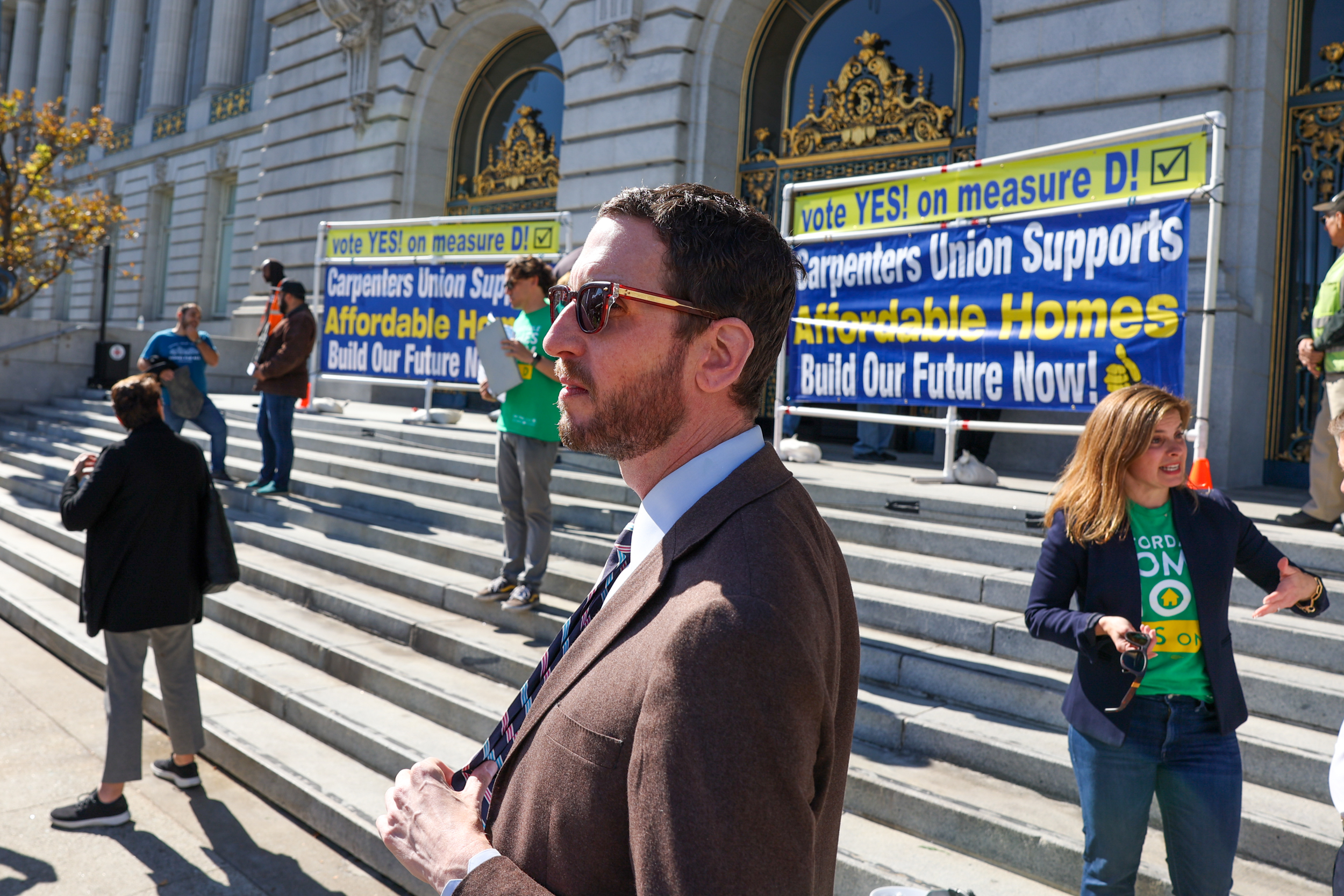A new state bill could make it easier to build affordable housing on church or nonprofit college land.
The law could unlock nearly 40,000 acres of land across the state for new housing, according to a report on a previous version of the law.
In San Francisco, around 98 acres could open up to new housing development, the report says.
It’s the third variation of the bill from state Sen. Scott Wiener, D-San Francisco, to allow religious institutions and nonprofit colleges to bypass local zoning laws and the California Environmental Quality Act—a costly test for new developments that can halt or slow down projects—for 100% affordable housing projects.
Wiener, who reintroduced it alongside Assemblymember Tina McKinnor, D-Inglewood, on Tuesday, said he thinks there will be a strong appetite from colleges and churches to pursue housing development.
“We know that there are churches, synagogues and other religious institutions up and down the state that want to do this, but have given up because the zoning doesn’t support it, and they can’t afford to go through the CEQA process,” Wiener said. “This will be a game-changer as far as making it easier for affordable housing builders to access land.”
A 2020 report from the University of California’s Terner Center for Housing Innovation, which only analyzed 43 of California’s 58 counties, found a previous iteration of the bill could allow new housing on almost 40,000 acres of land statewide.
That 2020 version passed the State Senate 39 to 0, but never came to a vote in the Assembly due to concerns from labor groups, Wiener said.
But this time, he said he’s building off relationships he built with unions during the last session while working on AB 2011, and now has the support of the California Conference of Carpenters, and is opening up conversations with the Service Employees International Union and the California School Employees Association. He has also reached out to the California Building Trades Council.
“I’m optimistic that they’ll at least be open to supporting it,” Wiener said.
But the bill—and the subsequent development, should it pass—is likely to face barriers, some of which are outlined in the Terner Center report, which found that fragmented ownership and local regulations have stood in the way of the development of religious land before, as well as financing.
“There’s always pushback on any housing bill that’s actually going to make a difference,” Wiener said.
